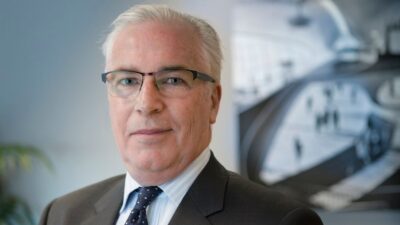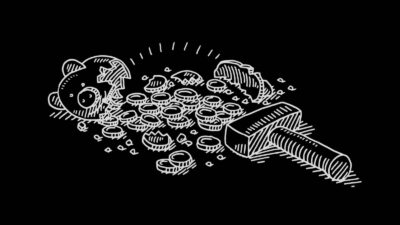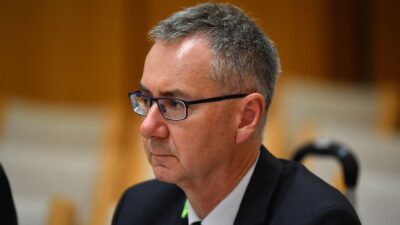Big asset owners and managers are embracing the private markets as one avenue for growth, but the complexity that brings to portfolios means they also need to get a better view of what might be decades of siloed information.
The $26 billion TelstraSuper has become the latest corporate super fund to weigh its merger options in the face of increasing competition and scale issues in the rapidly consolidating industry.
The $13 billion Mine Super is headed for a merger with TWUSUPER that will diversify both funds’ member bases into new sectors, plug gaps in their portfolios and prepare it for a world where bigger is (allegedly) better.
To deliver for its highly engaged member base, UniSuper must walk a fine line between investing responsibly for their future and meeting their demands around climate change in the here and now.
A new report “from the coalface” of super fund investing has gone some way to quantifying the cost of shonky investment management, with members potentially losing out on hundreds of thousands of dollars.
A number of super funds managing less than $10 billion have been slugged with an increase in their restricted APRA levy of more than 80 per cent even as the regulator pushes them to keep costs down.
Australia’s biggest super funds disagree on what the new Your Future, Your Super performance test should look like, but they both think the consequences for failure should be just as weighty – and apply to everybody equally.
First Sentier’s decision to close a number of strategies and pivot towards private markets handily illustrates the pressures facing the Australian funds management scene – and the new period of competition into which it is now entering.
Few would disagree that a strong regulator is required for a strong superannuation system. But APRA’s myopic focus on cost to members means its $70,000 Christmas party is unlikely to help its reputation.
Good investing requires real sacrifices, according to Oaktree’s Howard Marks, but you can’t expect to be compensated just for making them.















